Moving Forward After a Disaster
A major disaster can do a lot of damage to your home, personal property, and small business, but it can oftentimes take a significant toll on a person’s emotional health as well. I’ve decided to take a few moments to share with you several things to look out for that pertain to your home following a disaster, along with ways to take care of your emotional health in the process. There’s a wealth of information crammed in here so try to stay with me. These are ways to help you move forward after a major disaster.
Remember that after a disaster, many people walk into their homes, where many of their physical possessions are severely damaged or gone. There may be gas leaks and power lines down. It’s normal to be in an emotional state of numbness. All of a sudden you have to start making major life decisions you’ve never had to make before. And you’re making those decisions when you’re under psychological distress and all kinds of vulnerabilities. Here are ways to help you move forward after a disaster rocks your world.
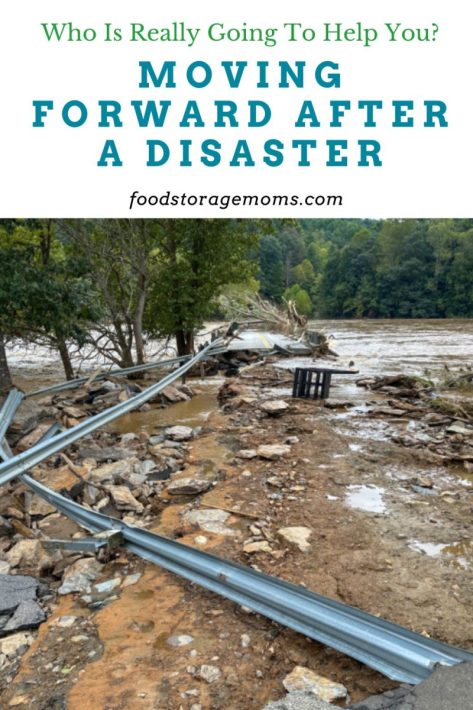
Moving Forward After a Disaster: Checking Your Home
Before you even step foot back into your home, the place that provides physical and emotional shelter, there are a number of things that you ought to do and look out for before you do. For starters, you’ll want to wait for emergency professionals or the local authorities to tell you when it’s safe to return to your area and your specific home. Not waiting until the emergency is over and you’re in the clear has all the potential makings of being a very bad move. The wrong actions could jeopardize the health and well-being of you or your family members.
That’s why it’s best to try to remain patient during the aftermath of disasters since a short delay can work to your advantage. Keep reading to find out what else you should look out for when returning to your home. You’re already going through a stressful event without adding to the stress. You don’t want to have to deal with an injury accident that could have been avoided.
Structural Damage
For one, you’ll want to take a look at the structural integrity of your home. If there are any signs of damage, such as cracks in the walls or uneven ground levels, it’s best to not enter your home and instead wait for professional assistance. My advice would be to contact a contractor or a building inspector to have them determine whether your home is safe to continue living in. Don’t just assume on your own that everything is okay.
You also need to reach out to your insurance company through your agent who handles your home insurance coverage. They’ll need to have a representative visit your property and asses the damage from an insurance claim perspective. Hopefully, the assessment for repairs and major adjustments from the claims adjuster will be in line with what your contractor has outlined as needed.
Smell and Listen for Gas
If you happen to hear any hissing noises or notice any gas smells coming from inside your home, leave it immediately. If you have the right tools, you may want to try and term the gas off at the meter, but don’t attempt that if it puts you or others at risk. A call to your utility company is important, but you also should call your local fire department and alert them to the possible problem.
If needed, they may have you turn off your gas from the outside main valve or meter if they can’t immediately respond if it’s determined you can do so without additional risk. Remember, first responders may be tied up at other locations, so again, be patient and don’t prompt exposure to any personal injury. How To Turn Off The Gas And Water In Your House
Potential Hazards
You should also be aware of potential hazards within your home. This includes broken glass, exposed wiring, sagging ceilings, damaged gas lines, and biological contaminants like mold. In addition to potentially harming yourself or others, these hazards could also lead to further damage if left untreated.
Watch Out for any Unwanted Pests
Another problem that could always present itself is pest infestation like rodents, snakes, and insects moving into your home. They don’t tend to like coming into contact with humans, so make a lot of noise on your floor using a stick to let them know that you’re there. Not that this will scare or get rid of the pests, but it can make walking through your home more comfortable for you. 12 Natural Pest Remedies
Keep an Eye Out for Underlying Issues
When you do finally step foot back into your home, try to remain calm and focused as you assess everything around you. Even if there doesn’t seem to be anything out of the ordinary at first glance, it’s important that you look for any hidden or underlying issues. A couple of examples of this would be a leaky roof or broken plumbing.
Leave Your Children with a Friend or Relative
There’s always the possibility that your home is no longer safe to live in and you certainly don’t want your younger children to be the first ones to come across any of those hazards. They also shouldn’t have to witness any devastating damage that has been caused to your home. That can cause them to become upset, exhibit physical reactions to what they see, or a change in behavior patterns due to trauma to the home. It’s best for them to stay with a trusted friend or relative in the meantime. Prepping with Children Checklist
Moving Forward After a Disaster: Your Emotional Health
There are a lot of emotions that you or someone you care about may be feeling at different times in the days following a disaster. After all, that’s a lot of stress for anyone to try and deal with. Even reentering your home can bring on negative reminders of the disaster. The following are several emotions or feelings that are very common when a person has experienced a stressful life event.
- Feeling sad, tired, lonely, or other behaviors that are new
- Easily frustrated
- Feeling mentally and physically drained
- Arguing more with those close to you
- Difficulty making decisions even though many important decisions need to be made
- Trouble staying focused
- Your routines have changed and “regular times” may be hard to replicate
- Your appetite has changed and you might even feel nausea
- You or others may be inclined to consume more alcohol or deal with things through substance abuse
- Have trouble sleeping causing you to feel fatigued or exhibit different physical symptoms or physical reactions
- Become short of breath indicating you need to learn to take deep breaths and incorporate some relaxation techniques
How to Take Action During Self-care
Trying to put all the pieces back together in our lives after a devastating event isn’t just going to happen overnight. It’s going to take some time for you to feel comfortable and confident with yourself and your surroundings. These are a few tips to help you get your life back on track:
- Take care of your health and safety. Both your physical and emotional health are very important. This also goes for your other family members. Consider visiting with a counselor or joining one or more support groups and with people who are experiencing the same kinds of issues you are.
- Be Patient with the people around you and especially with yourself. There are a lot of feelings and worries that can jumble up your thought process and it may take time to sort those things out. Try to avoid activities that remind you of the negative nature of your situation and prompt feelings of hopelessness.
- Get plenty of rest. Although you may have a lot on your plate currently, it’s just as crucial to give your body an adequate amount of rest each night and reduce the risk of confusion and disorientation. Keep in mind that your goal is to become a disaster survivor.
- Take small steps. Don’t try to fix everything in a very short amount of time. That will only frustrate you even more. Take smaller steps by accomplishing those tasks and your everyday priorities a little at a time. If you need to be distracted to stay positive, consider a new hobby that will fill some time and bring joy back into your life.
- Eat healthily. Be sure that you’re drinking plenty of water and continuing to eat well-balanced meals and following a healthy diet. 10 Healthy Foods Under $1
- Collect information. Rely on not only friends and families, but gather any useful information that can help assist you or one of your loved ones. There may be family members like your older children who are having a difficult time adjusting to their new environment. Learn what your triggers are, like sirens and loud noises, and steer clear of things that tend to remind you of the challenges you’re going through.
- Keep positive. You’re sure to feel plenty of discouragement, but remind yourself of all the rough situations that you were able to get through in the past. Grief after a disaster is a real thing. If it tends to upset you, stay clear of social networks, and get involved with social activities instead.
Reach Out to a Mental Health Professional
It’s completely normal for a person to struggle with the feelings mentioned above for a few days after a traumatic event. But if other reactions start to develop and there isn’t any improvement after a couple of weeks, you may want to reach out to a mental health professional. Some of these reactions include:
- Losing interest in things
- Feeling helpless or hopeless
- Struggle with sleeping or eating
- Avoiding friends or family
- Increased headaches, fatigue, or stomachaches
Ultimately, the key to moving forward after a disaster is remaining calm, patient, and cautious. By taking your time and being thorough in your approach, you can ensure that you are able to make it through this difficult period both physically and mentally and consider yourself one of the survivors. Feel free to get in touch with the Mental Health Services Administration in your area. Your mental health matters and post-traumatic stress disorder (PTSD) is real. The aftermath of a disaster can cause anxiety, sadness, and depression, so make sure you’re talking to a mental health professional if need be!
Moving Forward After a Disaster: Financially
After a natural disaster, or even when something shocking has happened to you, it’s important to take the time to see how you can get help financially. There are several different types of help in place, so you can get back on your feet as quickly as possible. Resources exist for you to use!
- Get in touch with the Disaster Distress Helpline
- Federal Emergency Management Agency (FEMA)
- Disaster Assistance (this information is usually given after a disaster happens)
- Disaster Organizations: Can You Depend On Them?
More Disaster Tips
- Disasters-They Start Out As An Ordinary Day
- 12 Types of Natural Disasters
- How to Keep Your Food Safe in the Midst of Disasters
Final Word
If you’re struggling to move forward following a major disaster, consider reaching out to friends or family members for support. Alternatively, there are also many reputable mental health professionals and representatives of various government agencies who can help guide you through this challenging time and offer practical tips and strategies for coping with your situation.
Have you or someone you know ever been through a major disaster? What are some other tips that you have for someone that may have just experienced one? Let us know of your personal experience(s) and how we can benefit from how you dealt with the many issues that come up. May God Bless this world, Linda
Copyright Images: Hurricane Sandy AdobeStock_142957861 by MISHELLA, Hurricane Helene AdobeStock_1003068887 By Timothy

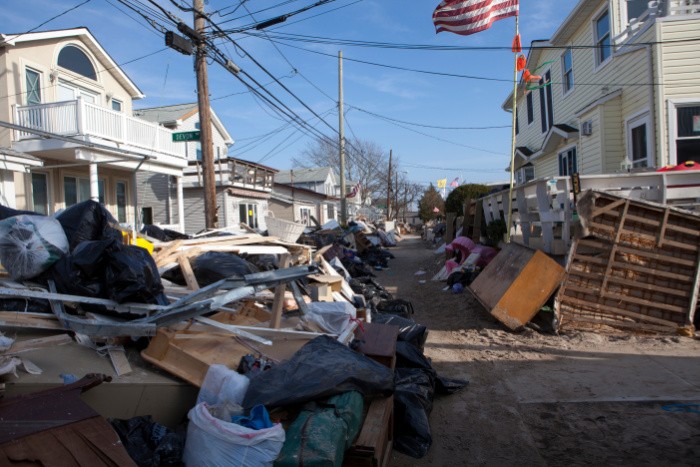


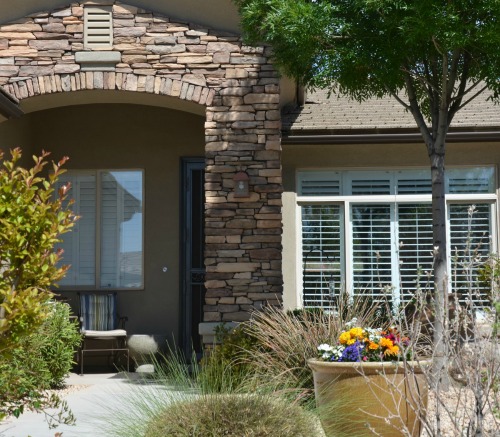
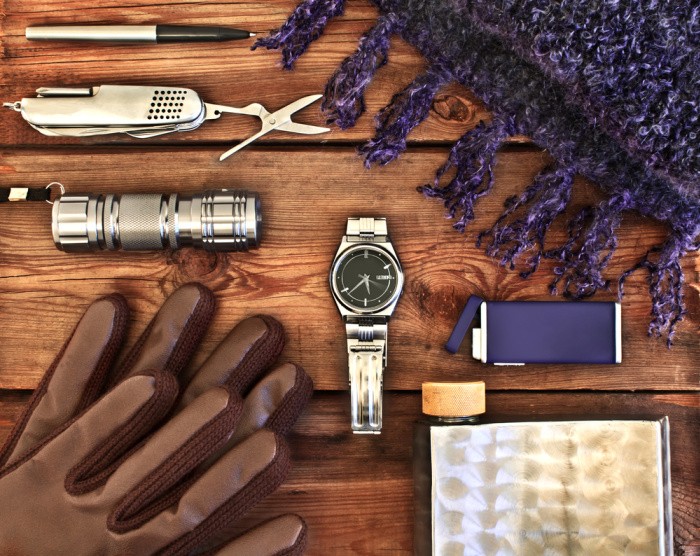
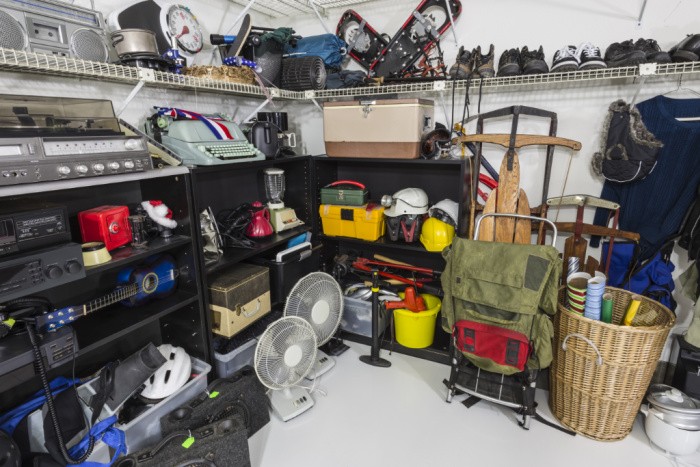
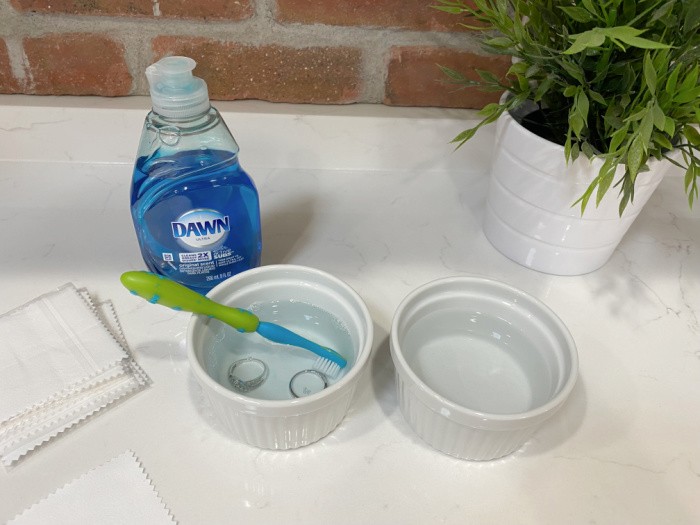
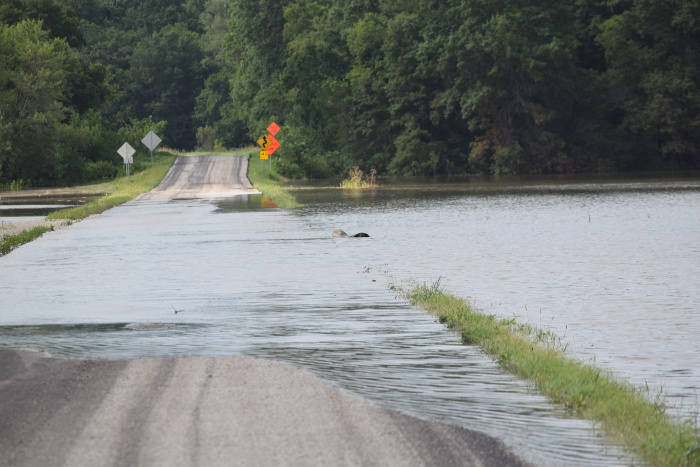

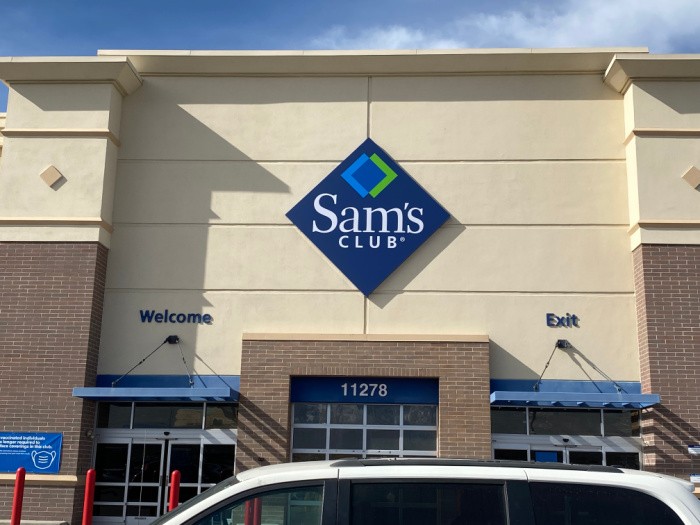


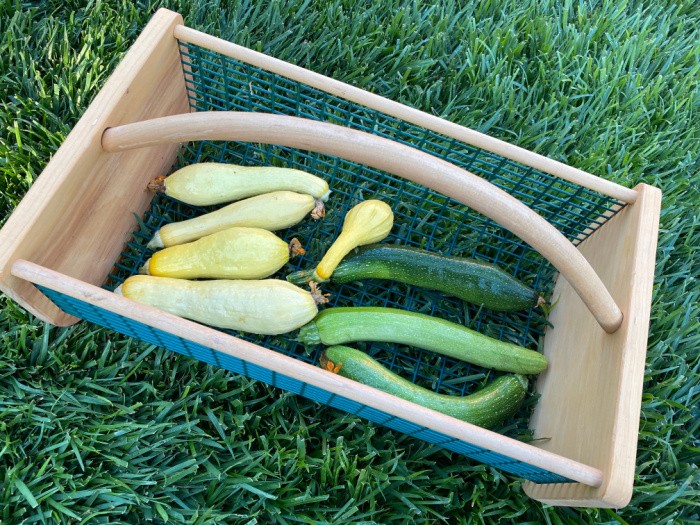


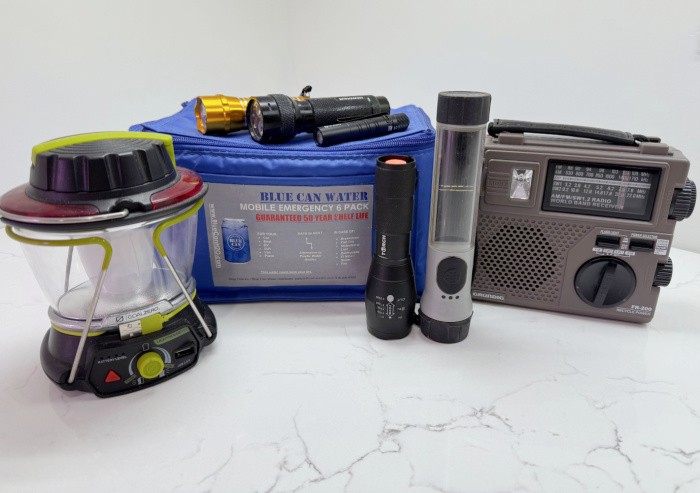
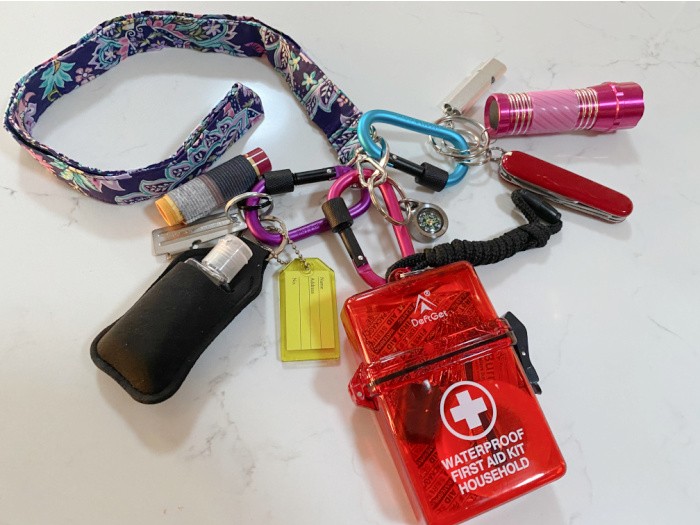




My ancestors been struggling since day one and they didn’t raise me to give in. Now does that mean you don’t talk to no one? Cry? Worry? NO
You’re absolutely right about taking to someone if ya need. I ain’t likely to talk to no strangers but if that’s what you’re comfortable with then by all means do it. I got a good support network so I use them.
Remember the “Rome wasn’t built in a day” as you go. It takes time to rebuild and regain.
Keep insurance, medication and other important documents off site so if you’re wiped out you can access them. Walgreens is real good bout helping folks with medications after a tornado here.
Use whatever resources are available. Don’t think you’re on welfare and it’s bad. I’ve seen that and no you’re not on the same level as leaches that thrive on programs and never try. You’re the ones I pay taxes for and make donations to help when needed.
I hope n pray y’all never have this happen.
HI Matt, you know I LOVE LOVE LOVE your comment. Yes, we must use whatever resources are available after a disaster. We are here to help those who need help. It’s who we are. I pray we never have to deal with a disaster, but many will for sure. Linda
I agree with Matt. I went through a hard time in the early 2000’s. Thankfully I had my family to help me and VA helped me. After a couple months I realized that I belonged to Jesus and I was his and that made a world of difference to me. Made me realize the Jesus was with me the whole time.
Hi Jackie, oh it’s tough to go through a hard time. I’m so glad you had family and the VA to get you through. I’m glad Jesus was with you the whole time. Linda
I’ve lived in FL and MS for, altogether 42 yrs. Lived through many hurricanes and a couple of tornados. Katrina was the worst! This info is good and I just wanted to say, although I know a lot of this, someone out there might need it.
Thanks!!!
Hi Pamela, you lived through disasters, it’s people like you we love to hear from. Our best friend’s son was going to medical school at Tulane when Katrina was heading their way. They were lucky to get out before the storm hit, but it was scary until they could get on that plane and head home to Utah. They left everything behind. He ended up going to school here as I remember. But when they returned to their home, the mold and damage were terrible. That was a bad storm, I often wonder if Hurricane Ian was worse but I don’t live there. Not that it matters but some of the images I have seen on TV will be forever in my mind. Linda
I only keep track when necessary. I do either a FB post or I have a niece in FL I’m in touch with often. It’s so far away fro me living here in DC, I only remember what I’ve been through and when I need to worry about friends and family. Don’t mind letting others know about my experiences. The tornados I mentioned, passed between mine and my neighbors home, not even touching the houses but toppled a huge oak tree across the street. FYI: They do sound like a freight train!!! Happy Holidays!!!
Hi Pamela, wow, a freight train, that is loud! Happy Holidays! Linda
Linda,
Simply excellent information and Matt’s advice is golden. As a child my family lost two homes to tornadoes in Kansas, but like Matt’s family, we were resilient and bounced back. Took time though, and my brother and I ended up staying with our maternal grandparents while we were rebuilding.
I rebuilt my dad’s home after it was burned in the Hayman Fire in Colorado. There’s no quit in either side of my family.
Your never give up attitude is possibly your most important asset after a disaster strikes.
Hi Ray, I love that, “Your never give up attitude is possibly your most important asset after a disaster strikes.” You nailed it! Boy, you went through a lot my friend, but you and your family bounced back! What a blessing! Linda
This is such great advice, we’ve been going through a lot down here. Ready for a break! HAHA
Hi Jess, you have for sure there in Florida!!!! You do need a break! Linda
A snowstorm or other weather related issues I can handle. My husband has been dealing with a heart condition for 41, and it seems like some new problems are cropping up. As he reminded me, he has lived three quarters of a century, which means he has outlived his 4 brothers. It reminds me what is truly important.
Hi Chris, that’s a long time my friend! Did the family do a genetic study with that many with heart issues? I’m assuming his 4 brothers had the same issue? That’s a lot of family members. I’m so sorry you have had to deal with this. Especially with new problems cropping up. We really do know what is important, good health! Linda
THANK YOU for all your articles! As someone who has lived in CA – earthquakes, MN – blizzards, FL – hurricanes I appreciate your tips. People need to realize it is up to us to survive anything that happens. I just read in TN after Hurricane Helene a cafe opened up and was feeding the displaced for free. FEMA came in and shut them down. Even though FEMA said they are broke because they gave their money to illegals. It will be up to YOU.
Hi Barb, thank you for your kind words! Why would FEMA shut them down, do they have the authority to do that? OH MY GOSH! You are so right our survival is up to us, you nailed it. Thank you for sharing. Linda
FEMA said that only pre-approved people can get any of their help. FEMA can do what they want, they work for our government. Also, TEMA (The Tennessee Emergency Management Agency’s goal is to provide technical solutions to help with disaster response and management) confiscated all the donations at various high school locations and will distribute of anything they want – not Hurricane Helene necessarily where the money was donated to.
Hi Barb, wow, this is sad if this is what’s happening. I have seen pictures of donkeys and horses delivering supplies on the TV in some areas. I’m hearing this hurricane is so much worse than Hurricane Katrina, and that was devastating. These people need help, I have heard some really good groups are personally delivering food, water, and supplies that are not government related. So hopefully, these people can get the help they need. This is the worst hurricane in history. May God bless all involved and all those who can donate to help these people. There are no words, I can’t imagine what they are living through. My heart aches for all of them. Linda
Hi Linda, Another place people can seek counseling, that is usually free or very low cost, are the Ministers, priests, and other members of church groups. Religious leaders, now receive official education in counseling. But there are other religious group leaders, who can help. I’ve read many books on various disasters, and it has become apparent to me that religious groups are the first to arrive on the scene. Some within hours, or by the next morning. You might have to wait 24 -48 hours, before groups like the Red Cross, Salvation Army, or other official charity organizations, begin arriving. The state National Guard can’t come in until the Governor declares a state disaster declaration, and has to request a federal disaster declaration that must be approved by Washington before FEMA, more search and rescue personnel, more National Guard members from out of state and military reservists with air support and heavy rescue and construction equipment can come in, that might take as long as a week, especially if the roads in are blocked or destroyed. But local churches, and those from nearby towns with immediate assistance, shelters, food, water, clothing and personal needs, are usually on scene very quickly. Not just the leaders do counseling, but most of the volunteers, will sit down with victims and offer a listening ear, a comforting presence, a sense of caring, even offer to pray with you, if that will help. They’re also able to relay to those who have more professional counseling training, or special needs. They’re people who can help you through the immediate shock, and the painful of loss of loved ones and friends. As the charitable arrive they will do those same things and more, like registering missing people, helping those with no housing to find temporary housing, and many more services. So if you need to find counseling during and after, many of the Churches and the Salvation Army are often already involved with 12 step programs normally, so you can approach them to ask if there is a way to continue getting the counseling and support you are used to having. The stress of a personal disaster, can often be a trigger.
Hi MaryAnn, oh I LOVE your words of wisdom, my sweet friend. Hopefully, there are no communication issues for everyone, right now people cannot call or text family or friends. Some areas they have a way to help others IF they can get to that charging station. Hurricane Helene is so catastrophic, my gut feels like it’s been punched and I don’t live there. Just watching the damage is so beyond what we have ever seen. God bless all those states. Linda